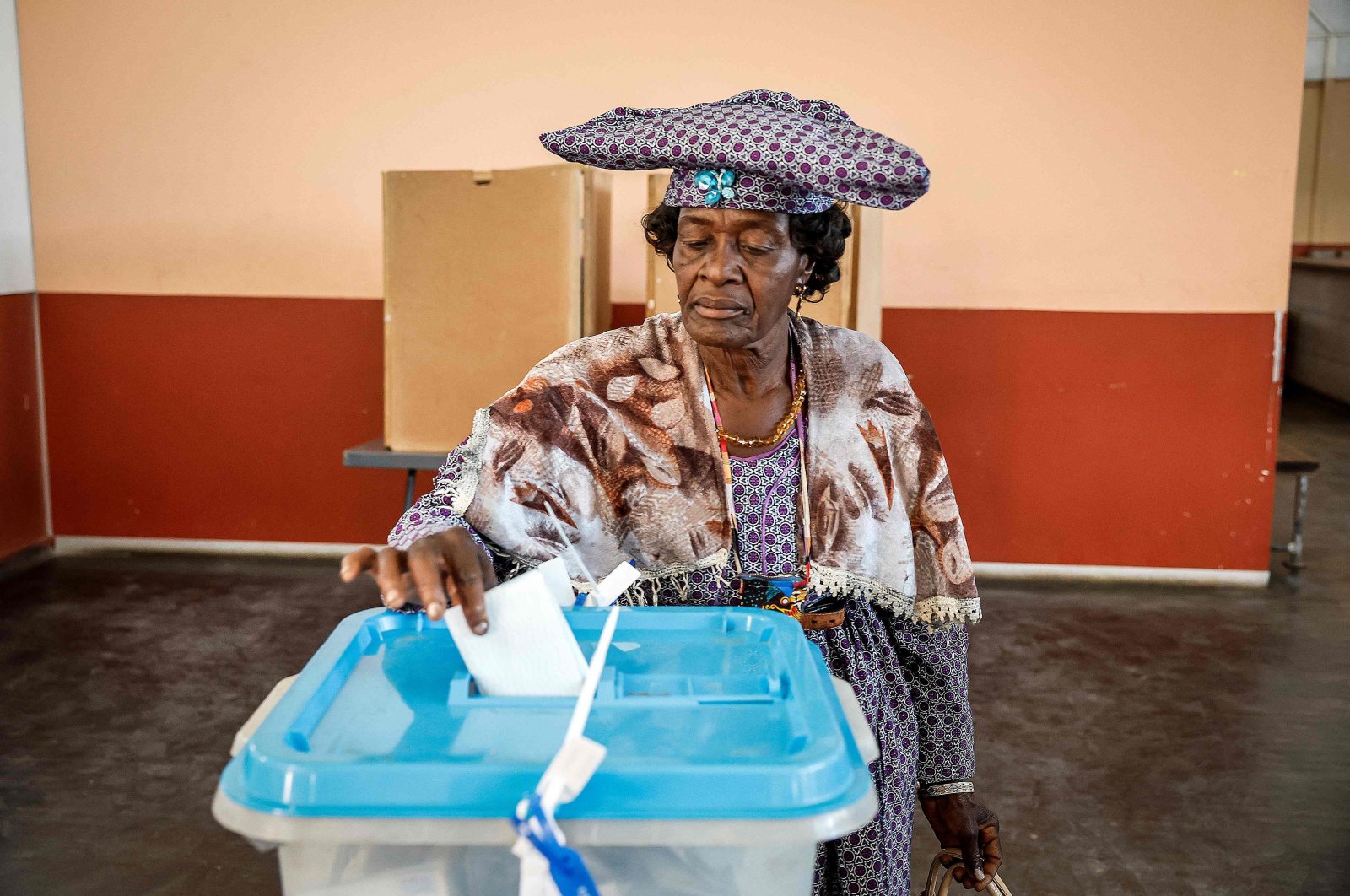
Namibians returned to the polls on Friday at 36 reopened stations, two days after a chaotic election marred by technical issues, setting the stage for a crucial test of the ruling SWAPO party’s 34-year hold on power.
Tensions are rising in the historically peaceful southern African nation, where Wednesday’s election saw long delays and was denounced as a "sham" by the opposition.
Voters endured waits of up to 12 hours to cast their ballots in what is considered the toughest challenge yet for SWAPO, which has been in power since Namibia’s independence from South Africa in 1990.
Wednesday’s queues were caused by technical problems, including issues with tablets used to register voters and shortages of ballot papers.
In some cases, torches used to reveal invisible ink had run out of batteries, and mobile voting teams had left areas with voters still in line.
Facing criticism from both voters and parties, the electoral commission extended voting for a second time, giving Namibians until Saturday evening to vote.
In the capital, Windhoek, at the only polling station set to reopen, about 60 people showed up on Friday, including Kluivert Muuondjo, who arrived at 4:30 a.m.
The 21-year-old student said he had waited in line until 11 p.m. on Wednesday but left before being able to vote because he had exams the next day.
"Everyone will have the chance to vote," he said. But because Namibians can vote at any polling station, he was worried "everyone will flock to one place again."
The disarray led to angry complaints from opposition parties, with some calling for a halt to the electoral process.
Opposition parties were scheduled to meet on Friday and issue a joint statement, according to Christine Aochamus, who represents the Independent Patriots for Change (IPC) party.
Youth unemployment, enduring inequalities, and the emergence of a generation born after independence are challenging support for SWAPO, which has ruled since 1990.
Its candidate, Vice President Netumbo Nandi-Ndaitwah, who could become the first woman to lead the country if elected, may face an unprecedented second round in the mineral-rich nation.
"To open only one place in Khomas (the region that includes the capital) is absurd," said voter Ensley Engermund, who also said he couldn’t vote on Wednesday because of long queues despite trying four different polling stations.
"Only 1.5 million voters are registered, and we get this chaos?" asked the 49-year-old security agent.
"It was to get people frustrated."
